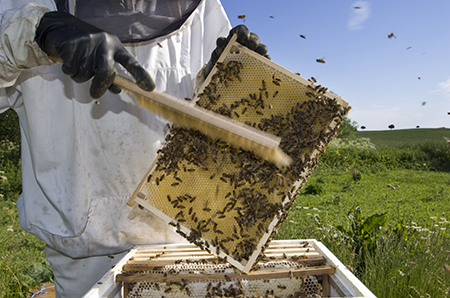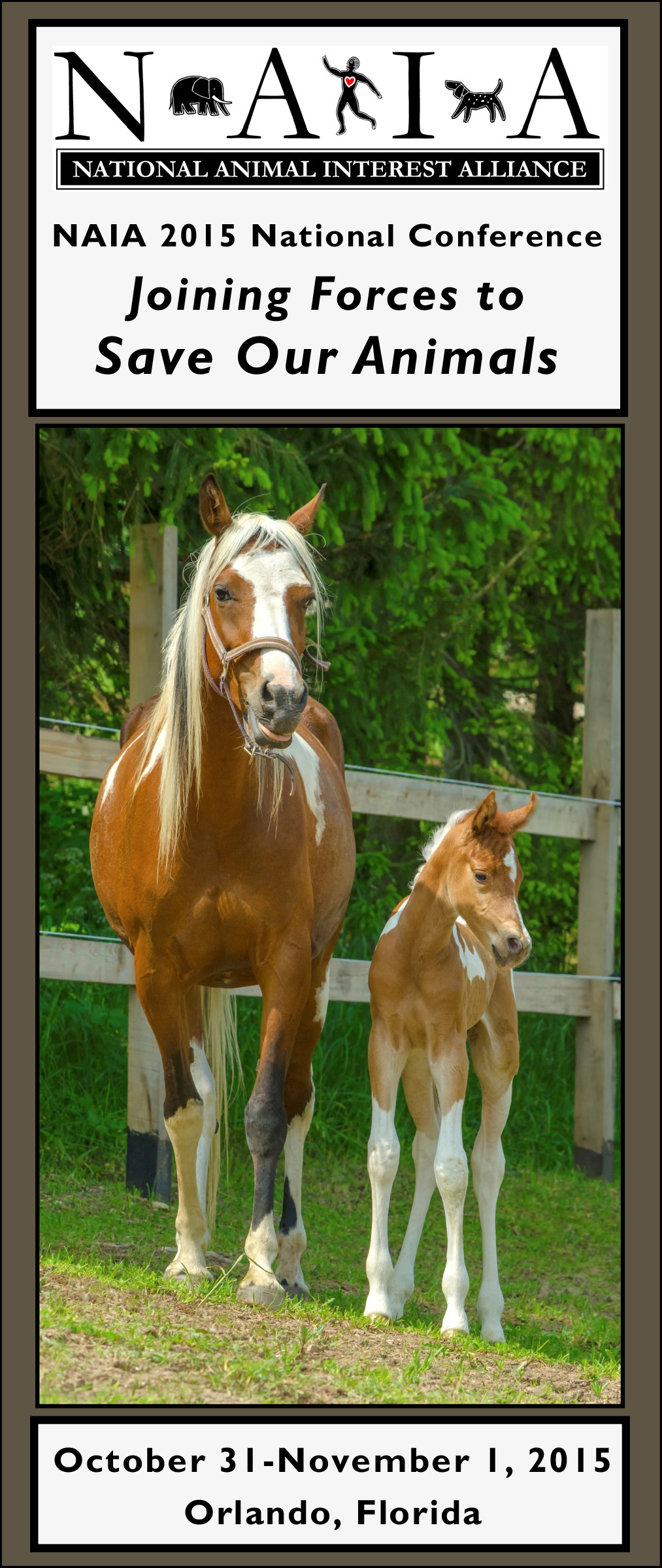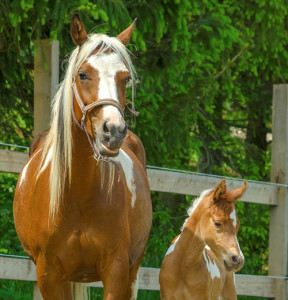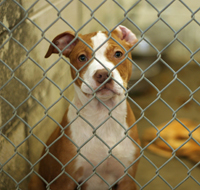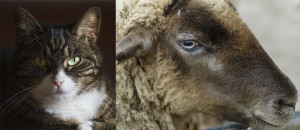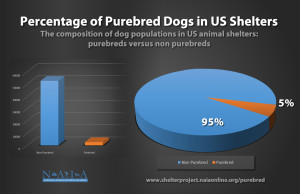Arnold L. Goldman DVM, MPH
“Gonadectomy in Dogs,” in other words, the sterilization of dogs by removal of testes or ovaries was the subject of a recent roundtable webinar created collaboratively by a Florida multi-specialty veterinary hospital, Coral Gables Animal Hospital, the American Veterinary Medical Association (AVMA) and the American Animal Hospital Association (AAHA). It can be viewed here.
The creation and intent of the webinar is to acknowledge that recent research shows that the sterilization procedures discussed are “not as innocuous” as previously believed to be, that today we recognize sterilization “reduces the risk of some cancers and medical conditions, but increases the risk of others” and that veterinarian’s thinking on this subject is “evolving.” The description of the program states: “Honest and transparent conversations must take place within the profession as well as between veterinarians and pet owners.”
In the webinar several veterinary specialists and a generalist discuss and debate some of the new information on sterilization and the new questions raised relative to what veterinarians have long advocated, sterilization for most.
The discussion centers primarily on the medical aspects of sterilization surgery, and what is most notable is just how uncertain the doctors are that the long held dogma of “sterilize everything and early” is still the right thing to tell their clients. I interpret what they say and also what they do not say as indicating that the point-of-view of these veterinarians has shifted to one of a more open-minded, wait-and-see point of view regarding elective sterilization surgery. You can almost hear some of them struggling to avoid undermining what they may still believe will be vindicated in the long term, that sterilization is good for individual animals.
If it turns out that sterilization is not in the medical interests of most individual veterinary patients after all however, no veterinarian wants to be in a position of continuing to advocate for something that harms their patients. And that is the key point: that veterinarians in individual animal practice are first obligated to their own clients and patients, and only then to any broader societal goals. We must always place our individual patients first.
That point-of-view may pose an internal ideological conflict for a shelter-employed veterinarian, who may see their individual patients, pre-adoption, mainly as elements of a larger societal enterprise, one dedicated to reducing un-owned or unwanted animals, unintended reproduction, euthanasia of healthy animals and all the forms of human irresponsibility that leads to these things.
Still, once an animal is owned and that animal is brought to a veterinarian, regardless of the animal’s origins, for that veterinarian, that owner and that patient, the patient’s interests must come ahead of any broader goals of the organization or facility from which the animal came. That is what our Oath instructs and what the public expects of us.
Veterinarian’s Oath
Being admitted to the profession of veterinary medicine, I solemnly swear to use my scientific knowledge and skills for the benefit of society through the protection of animal health and welfare, the prevention and relief of animal suffering, the conservation of animal resources, the promotion of public health, and the advancement of medical knowledge.
I will practice my profession conscientiously, with dignity, and in keeping with the principles of veterinary medical ethics.
I accept as a lifelong obligation the continual improvement of my professional knowledge and competence.

 Agriculture
Agriculture  No Comments
No Comments 